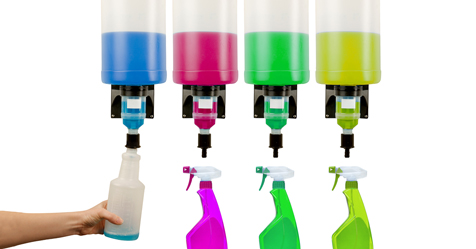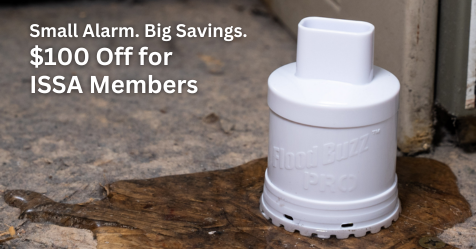New Project Aims to Create Surface Treatments Against the Coronavirus
University of Birmingham researchers developing sprays, films, and other products
Studies have shown that the SARS-CoV-2 virus can remain on surfaces for long periods of time—recently it was reported the coronavirus could last up to 28 days in cooler temperatures. Researchers at the University of Birmingham in the United Kingdom are launching a new project to develop surface treatments to provide long-lasting protection against the virus such as antiviral sprays, films, and other products.
These surface treatments are designed to capture both the aerosol droplets and inactivate the virus. The first phase of the project is focused on how to “better understand the underpinning antiviral mechanism.”
“Scientific work so far suggests that COVID-19 is transmitted via aerosol droplets that not only carry but very likely protect the virus,” said Zhenyu Jason Zhang, project lead from the University of Birmingham’s School of Chemical Engineering. “The products we are developing will disrupt such protective environment, leaving the virus exposed and unable to survive once the aerosol droplets land on a communal surface such as a handrail or table top.”
The project is funded by the Engineering and Physical Science Research Council and will be conducted over the next 18 months. The project is in partnership with the University of Cambridge, Dupont Teijin Film (DTF), Innospec, and FiberLean. Researchers aim for the produced formulations to be rapidly available commercially.


